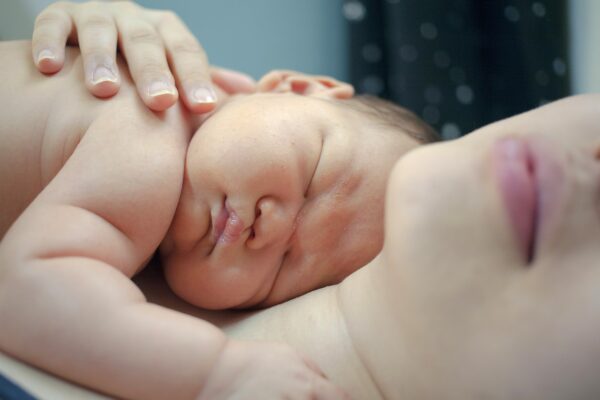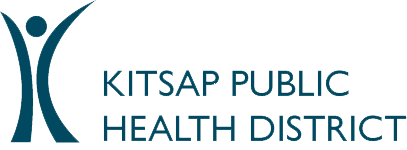
Summary
- Offer nirsevimab (Beyfortus) for eligible infants through March 31, 2024.
- You can order nirsevimab in WAIIS (Washington State Immunization Information System) until supply runs out.
- Recommended seasonal administration of Abrysvo to pregnant patients ended Jan. 31.
- Using shared clinical decision-making, offer Abrysvo and Arexvy to people 60 years or older through March 31, 2024.
- Know what to do if an RSV vaccine administration error occurs.
Background
On Oct. 23, 2023, Centers for Disease Control and Prevention (CDC) issued a health alert about the limited supply of nirsevimab. CDC recommended healthcare providers prioritize nirsevimab for infants born later in RSV (respiratory syncytial virus) season or for those at increased risk for severe illness.
On Jan. 5, 2024, CDC issued updated guidance about the increased supply of nirsevimab and a plan to release 230,000 doses in January.
Nirsevimab
Recommendations for infants
CDC recommends healthcare providers, when using nirsevimab in babies and young children, return to CDC’s and Advisory Committee on Immunization Practices’ (ACIP’s) original guidance:
Administer a single dose of nirsevimab to all infants younger than 8 months old and children 8 through 19 months old at increased risk for severe illness.
Use the existing nirsevimab supply now to maximize infants’ protection against RSV.
- Use nirsevimab for all eligible infants.
- Use doses when possible. Do not stockpile.
- Use WAIIS’ vaccine advertisement tool to offer doses you will not use or find doses others will not use. See directions for using WAIIS.
Limited supply available to order
- You can order nirsevimab in WAIIS until supply runs out.
- Washington State Department of Health (DOH) reviews orders every Wednesday at 11 a.m.
- 50 mg nirsevimab is prioritized for:
- Birthing hospitals.
- Tribal health clinics.
- Clinics in counties with no or low supply.
- 100 mg nirsevimab supply will soon run out. It is is prioritized for:
- Tribal health clinics.
- Clinics in counties with no or low supply.
Remember:
- Only place an order if you will administer it immediately.
- Only order the amount you will use in 2 weeks.
- 50 mg nirsevimab is for infants under 11 pounds.
- 100 mg nirsevimab is for children 11 pounds or more.
Seasonal administration of Abrysvo to pregnant patients ended Jan. 31.
CDC recommends seasonal administration of Abrysvo RSV vaccine to pregnant patients September through January in most of the continental United States.
Pregnant patients receive Abrysvo in anticipation of infants born when RSV activity is high. After Jan. 31, infants are born when RSV activity is expected to be lower.
Infants born Feb. 1 through March 31 to unvaccinated patients should receive nirsevimab in most of the continental United States.
Older adults
Using shared clinical decision-making, continue to offer Abrysvo and Arexvy RSV vaccine to adults (60 years or older).
RSV vaccine administration errors
Arexvy is not approved for pregnant patients. Arexvy and Abrysvo are not approved for infants.
CDC has received reports of administration errors.
If an administration error occurs
- Report the event to the Vaccine Adverse Event Reporting System (VAERS)—even if no adverse health event occurs.
- Inform the patient of the administration error.
- Determine how the error occurred and put safeguards in place to prevent it occurring again.
- If a pregnant patient received Arexvy:
- Do not give the pregnant patient Abrysvo.
- The pregnant patient needs no special monitoring beyond routine prenatal care.
- Before turning 8 months old, the infant should receive nirsevimab shortly before or during their first RSV season.
- If an infant received Arexvy or Abrysvo:
- Infant should receive nirsevimab to prevent severe RSV disease.
- Nirsevimab may be given as soon as the error is found (no minimum interval). However, it is reasonable to consider waiting 48 to 72 hours between the vaccine and nirsevimab administration.
- If nirsevimab is administered within 72 hours, it should be given at a different anatomic site.
- Infant should receive nirsevimab to prevent severe RSV disease.
Resources
- Preparing patients for respiratory illness season, CDC.
- RSV immunization for children 19 months or younger, CDC.
- ACIP RSV vaccine recommendations, CDC.
- ACIP recommendations for the use of nirsevimab to prevention RSV in infants and young children, CDC.
- Vaccine administration errors in young children and pregnant people, CDC.
- Only administer nirsevimab to young children, CDC.
- Preventing vaccine administration errors, CDC.
- Standing orders template for administering nirsevimab to infants, Immunize.org.
- Standing orders template for administering Abrysvo to pregnant patients, Immunize.org.
